Politics
A Different Trump And A Different Kim Jong Un, Friends Or Foes? And What About New Found Friendship With Russia?
Kim Jong Un has new alliances, stronger military capabilities, and less reliance on the U.S. for sanctions relief.
Published
1 year agoon

Back in 2019, Donald Trump made history as the first U.S. president to cross the demarcation line into North Korea. The moment, marked by a handshake with Kim Jong Un, was a significant diplomatic gesture. Trump, in his characteristic flair, called it “a great honor,” while Kim described the meeting as a “courageous and determined act.”
The two leaders, standing side by side, exchanged pleasantries before heading into bilateral talks. It was a day of “tremendous positivity,” as Trump put it, with both sides agreeing to set up teams to reignite negotiations for a comprehensive agreement.
The Fallout and Radio Silence
Despite the historic symbolism, the momentum didn’t last. During Joe Biden’s presidency, efforts to re-establish contact with Pyongyang hit a wall. Messages from Washington went unanswered, and any hopes of progress faded as years passed without significant dialogue. The landmark handshake seemed to be a relic of a different era, overshadowed by a lack of meaningful progress.
Present Day…..A New Trump, A New Kim
Now, with Trump back in the Oval Office, the diplomatic scene has shifted. When he last held office, the much-anticipated deal to persuade North Korea to relinquish its nuclear arsenal never materialized. In the intervening years, Kim Jong Un has advanced his missile program, testing hypersonic missiles despite being under stringent international sanctions.
The Trump-Kim relationship, once described as having started with mutual admiration—Trump even claimed they “fell in love”—is now uncertain. Can the rapport be rekindled, or has the dynamic changed irreversibly?
Kim’s Strengthened Alliances
The North Korean leader isn’t the same as the one Trump dealt with in 2019. Over the past four years, Kim has forged new alliances and repositioned himself on the global stage, potentially altering his approach toward Washington. One key factor is Kim’s growing relationship with another prominent world leader, Russia’s Vladimir Putin, signaling a shift in priorities and strategy.
Thus, how this impacts Trump’s attempts to rebuild ties remains an open question.

Trump’s Strategy
Indications of Trump’s intentions can be seen in his decision to appoint a special envoy to handle sensitive issues, including North Korea. He’s also brought back key figures from his earlier diplomatic efforts, such as Richard Grenell, a former ambassador to Germany, now tasked with managing high-stakes missions. This move suggests that Trump is gearing up for renewed engagement, though it’s unclear how successful these efforts will be given the current complexities.
Different Strokes
In the intervening years, Kim has strengthened his military capabilities, and his political alliances have evolved. North Korea’s newfound camaraderie with Russia has given Pyongyang access to food and fuel in exchange for weapons and soldiers for Moscow’s war in Ukraine. This has lessened Kim’s desperation for relief from U.S. sanctions, making the dynamics far more complicated.
As former intelligence officer Sydney Seiler points out, there’s no guarantee that talks would yield any real arms control agreements. At best, North Korea might agree to pause missile launches or nuclear tests. At worst, talks could proceed while Pyongyang continues its provocations.
Why?
Kim’s confidence has grown. According to analysts, North Korea’s leader will likely spend the first year of Trump’s renewed presidency proving that he’s no longer the same person he was in 2017. Militarily and politically stronger, Kim’s terms for negotiation will undoubtedly be steeper.
Additionally, North Korea’s state media has been “priming” its citizens for Trump’s return, but the bar for talks has risen. As Rachel Minyoung Lee explains, two conditions could bring Pyongyang back to the table – either North Korea faces an economic collapse or the U.S. makes a dramatically different offer than before.
History of Fire and Fury
The relationship between Trump and Kim has always been a rollercoaster. When Trump first took office in 2017, he inherited a legacy of failed attempts by past presidents to curb North Korea’s nuclear ambitions.
Kim responded to Trump’s inauguration with a barrage of missile tests, prompting Trump to threaten “fire and fury” on Twitter, dubbing Kim “Little Rocket Man.” In turn, Kim called Trump a “dotard.” The acrimony escalated, with both leaders trading nuclear button threats in what seemed like a prelude to war. Yet, a year later, the story flipped entirely, with the two engaging in unprecedented diplomacy.
The Singapore Summit
In 2018, Trump and Kim met in Singapore, marking the first meeting between a sitting U.S. president and a North Korean leader. The summit produced photo ops and a vaguely worded statement about denuclearization but no concrete commitments. Despite the lack of substance, the meeting elevated Kim’s international standing and provided a temporary easing of tensions.
The Hanoi Summit Collapse
The bets were higher for the second summit in Hanoi, Vietnam, but the outcome was a sharp contrast to the optimism of Singapore. Trump sought complete denuclearization in exchange for lifting U.S. sanctions, a deal North Korea had consistently rejected. Kim, banking on his personal rapport with Trump and reassurances from South Korean intermediaries, offered to dismantle the aging Yongbyon nuclear complex in return for full sanctions relief. However, the U.S. had intelligence on other secret nuclear sites, making the offer insufficient.
When Trump demanded more, Kim presented no alternative plan. Attempts by North Korea to salvage the deal, including reminders of Yongbyon’s dismantling, were met with Trump’s abrupt departure. As Trump flew back to Washington, North Korea’s Foreign Minister Ri Yong Ho held a rare press conference, warning that such an opportunity might never come again. The collapse of the Hanoi summit left both sides disillusioned and strained future prospects for dialogue.
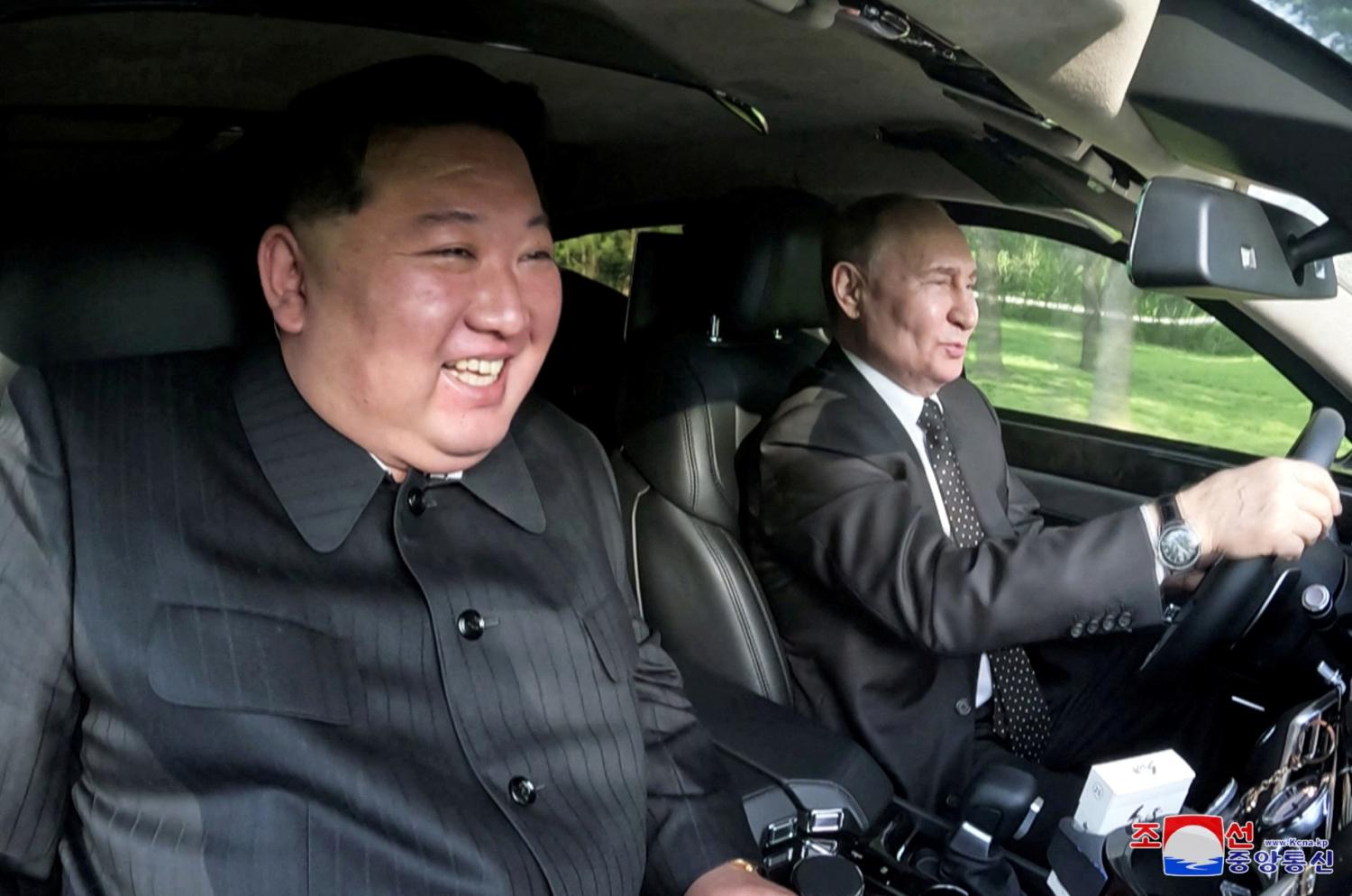
North Korea and Russia’s New Found Friendship
The ongoing war in Ukraine has led to an unexpected and dangerous alliance between North Korea and Russia, while also signaling a troubling shift in global geopolitics. Since Russia’s invasion of Ukraine in February 2022, the relationship between these two authoritarian regimes has rapidly evolved from transactional to strategic, with far-reaching consequences for the international community. By October 2024, North Korea had even sent troops to assist Russian forces, underscoring the depth of this alliance.
This partnership is not just about short-term military aid; it’s about reshaping global power dynamics and undermining the current international order.
The North Korea-Russia axis is a growing concern for the U.S., its allies in Northeast Asia, and the world at large. With both nations seeking to evade sanctions, strengthen their military capabilities, and challenge Western influence, the potential for regional conflict and global instability is rising.
A Relationship Built on Necessity and Ideology
At the heart of this alliance are several key motivations. For Russia, the war in Ukraine has resulted in severe global isolation, forcing it to turn to North Korea for military assistance. Moscow, facing a shortage of artillery shells and other munitions, has found an eager supplier in Pyongyang. In return, North Korea has received vital resources, including food, financial aid, and military technology, such as missile and nuclear technology, which it has long sought to advance its weapons programs.
North Korea’s response to the war began with rhetorical support, blaming the U.S. and its allies for provoking Russia. Over time, Pyongyang’s stance evolved, moving beyond words to concrete actions. North Korea recognized Russian annexations in Ukraine and supported the legitimacy of Russian-controlled territories, cementing its alignment with Moscow. This ideological solidarity, rooted in a shared disdain for the West, has only strengthened the partnership.
From Words to Weapons
The relationship took a significant turn in August 2022 when Kim Jong Un and Vladimir Putin exchanged letters that laid the groundwork for closer cooperation. Russia’s dire need for munitions prompted it to seek help from North Korea, which has a long history of illicit weapons proliferation. North Korea began supplying Russia with artillery shells, and in exchange, Moscow provided crucial military technology to Pyongyang, including intercontinental ballistic missile (ICBM) and satellite technology.
The growing military cooperation has provided North Korea with the tools to accelerate its own missile and nuclear programs, further entrenching Kim Jong Un’s regime. The material and financial support has also given Pyongyang the leverage it needs to secure Russia’s unwavering backing on the global stage, especially in the United Nations Security Council, where Russia’s veto power ensures that North Korea faces no repercussions for its actions.
An Ideological Alliance Against the West
This alliance is not just about military aid; it’s also about creating a united front against the West. Both Kim and Putin share a vision of a “multipolar world” order that challenges the U.S.-led global system.
This ideological bond was seen in 2024 when Russia vetoed a UN resolution aimed at extending the mandate of the panel responsible for monitoring North Korea’s sanctions violations. China, too, abstained from voting, signaling its alignment with Russia and North Korea’s desire to weaken global institutions like the UN.

From Friendship to Formal Partnership
By mid-2024, the partnership between North Korea and Russia had moved beyond mere convenience. The two nations held high-level meetings, culminating in a significant summit between Kim Jong Un and Vladimir Putin in June 2024.
The two leaders signed a “comprehensive strategic partnership” treaty, which includes a mutual defense clause and commits both countries to providing military assistance in the event of external aggression. This treaty marks a major shift, signaling that the relationship is no longer just transactional but a long-term, strategic alliance.
While North Korea refers to the partnership as an “alliance,” Russia prefers the term “partnership,” suggesting a more cautious approach. However, the signing of the treaty and the commitment to long-term cooperation indicate that, regardless of the terminology, this relationship is built to last, at least for the foreseeable future. Even if the Ukraine war ends, it is unlikely that Russia will abandon its ties with North Korea, especially given the strategic benefits Moscow gains from the partnership.
So the question is where does Trump figure in the new dynamics? Can Trump and Kim rekindle their once headline-grabbing rapport?
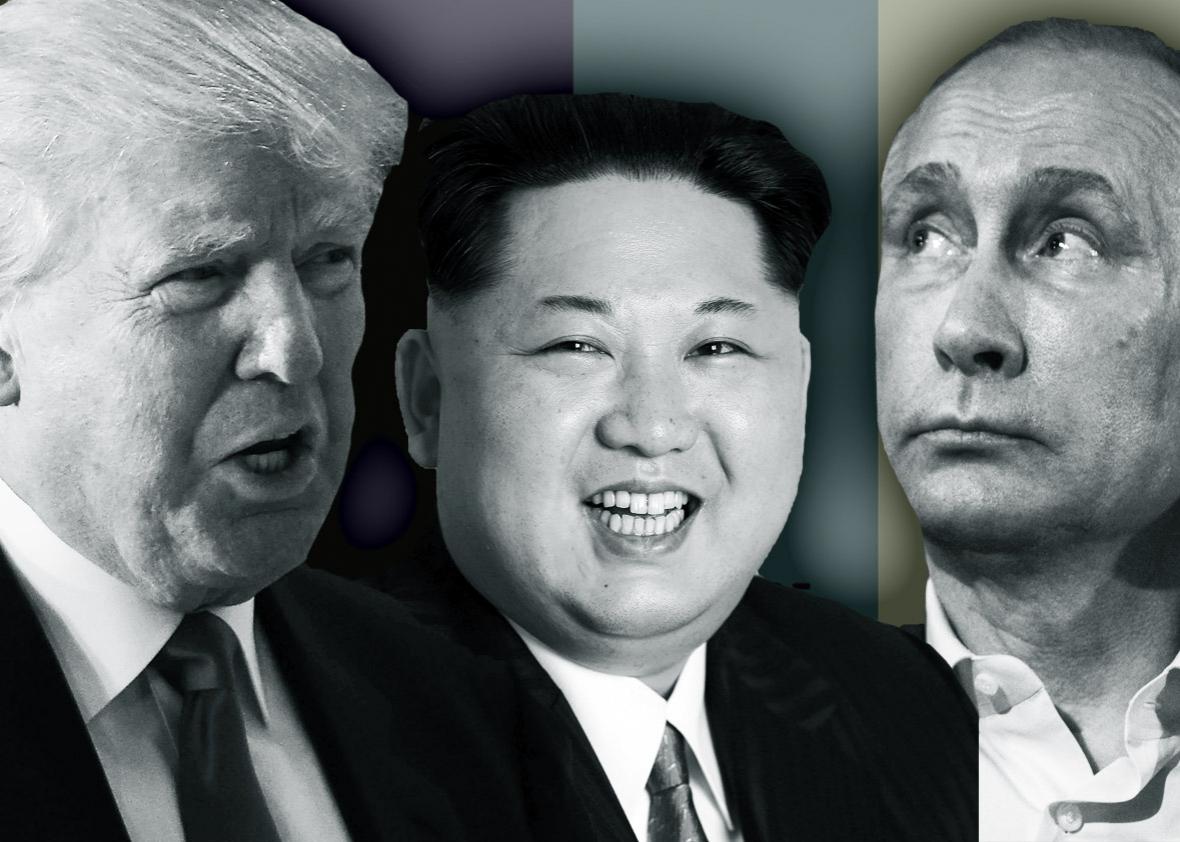
The Last Bit
This time, the turf has significantly changes.
Kim Jong Un has new alliances, stronger military capabilities, and less reliance on the U.S. for sanctions relief. As analysts suggest, even if talks resume, the challenges ahead will require more than grand gestures or photo-ops.
Therefore, as things stand, both Trump and Kim are in very different realities compared to their initial meetings. While Trump appears to be assembling his diplomatic playbook, Kim’s strengthened ties and enhanced military capabilities might complicate negotiations. Whether the two can find common ground again—or if the dynamics have irreversibly shifted—is a question that remains to be answered.

You may like
-
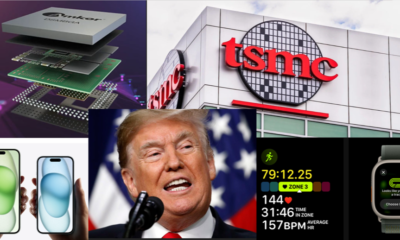

Taiwan’s ‘Historic’ TSMC Deal, A Win Or The End Of Its ‘Silicon Shield’ As China Threatens? A Jittery Taiwan Watches Trump’s Moves On Ukraine, Wondering, Could We Be Next?
-


America And China’s Thirst For Gold In 2025 Is Draining Other Countries’ Reserves; Here’s Why?
-


Germany’s Friedrich Merz’s Big Balancing Act—Trump, Borders & Europe’s Future. Can He Deliver?
-
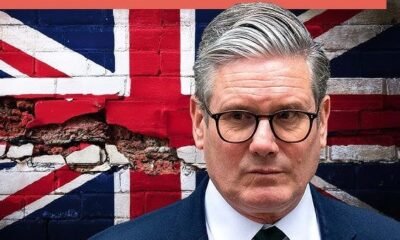

United Kingdom To Unleash Its ‘Harshest’ Sanctions On Russia Yet—But Will They Bite? How Trouble Is Brewing For Keir Starmer At Home. Shamed For Volunteering British Troops In Ukraine
-
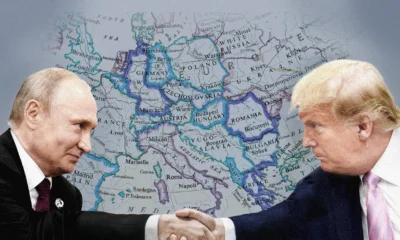

How It’s Not Trump But Vladimir Putin That Europe Is Stinging From: Trump’s U-Turn On Europe, Russia’s Strong Supply Chain—A Formidable Opponent!
-
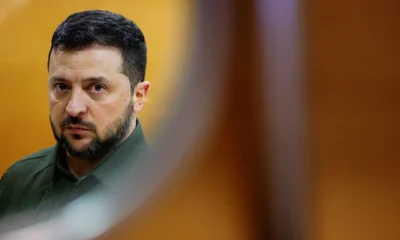

Is Ukraine Now Stuck In The US-Russia Ecosystem? Could Zelensky Have Made A Deal To Stop The War, Is Trump Right?